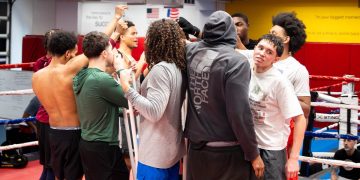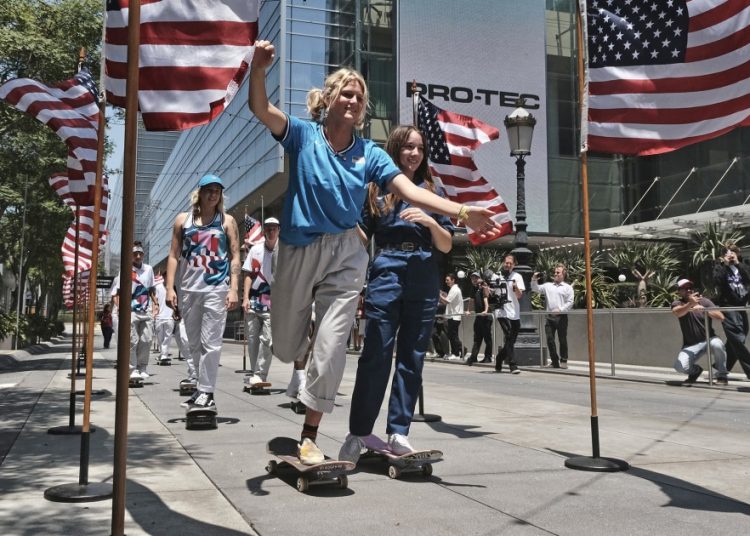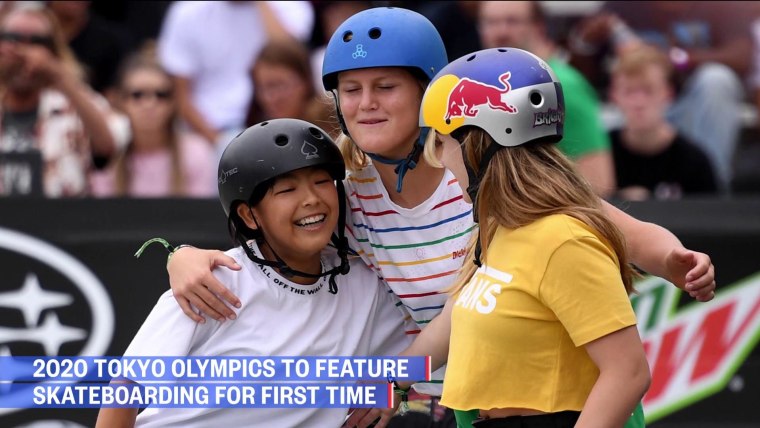For decades skateboarders have tossed on a beat up pair of sneakers and hunted for their town’s best skate spots. This month, however, eighty of the world’s best skaters will don sleek Olympic uniforms and look for judges’ point totals as skateboarding makes its debut as an Olympic sport in Tokyo.
Some in the skateboarding community — including members of the U.S. national team — have mixed feelings about skating’s ongoing “sportification,” however, and have shared fears of further oversight and rigidity in a culture that values independence and self expression.
That dissonance echoes throughout skateboarding. Since becoming popular in Southern California in the 1960s, skateboarders have shaped film, fashion, music, video games, art, photography and writing. Tens of millions of skaters worldwide now make up a diverse and sought-after community — and a multibillion-dollar industry — while still remaining a counterculture powerhouse known for its rebellious inclinations.
“I think as a community, people were attracted to skateboarding because it was not part of something like the Olympics; it was not mainstream,” said Ian Michna, the editor of Jenkem Magazine, a skateboarding and culture magazine. “It was more of an artistic activity you could do on your own independently and shape your own way, be your own person and express yourself.”
This month skateboarding enters a new chapter when 80 skaters will represent 26 countries at the street and park…




























































